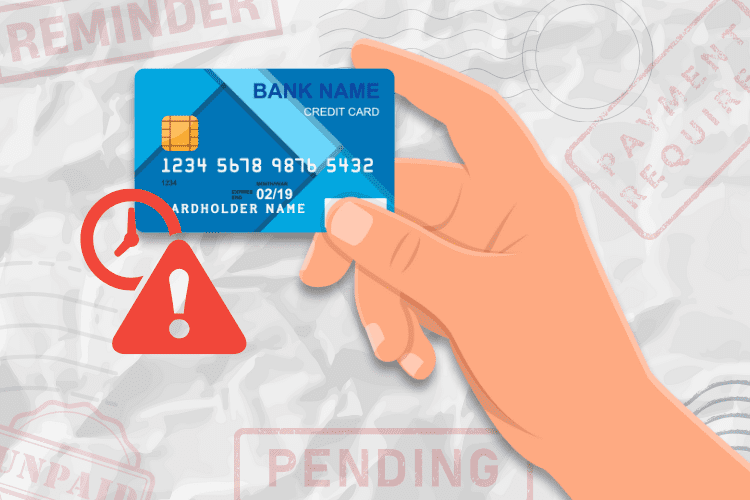Have You Done Your Mid-Year Financial Review?

 Disclosure: We’re letting you know that this post contains sponsored links which The Smart Wallet receives compensation for, which may impact their order of appearance. This site doesn’t include all available offers.
Disclosure: We’re letting you know that this post contains sponsored links which The Smart Wallet receives compensation for, which may impact their order of appearance. This site doesn’t include all available offers.
Your individual needs and the needs of your family are constantly changing. That means financial needs could also change. To make matters more complicated, not all changes that happen are planned. But life is full of changes — from life events such as marriage, birth, or death — to a loss or change of job. How you start the year may not be how you end it. That’s why it’s good to do a mid-year financial review.
Why Is a Mid-Year Financial Review Necessary?
A mid-year financial review is essential because it’s your time to review the financial plans you’ve put in place for yourself or your family. The review is necessary because it lets you know how you’re doing with your finances and whether or not you’re on track with your financial goals. So, while your mid-year financial review only applies to your circumstances and goals, the process can be the same for everyone.
At a minimum, you’ll want to do the following when doing your review:
1. Update Your Budget
If you did not start the year with a budget, this is a good time to start one. If you started the year with a budget, you should be reviewing and updating it monthly. So the mid-year budget update would be carried out as it had in previous months. First, you want to ensure you’re on track with your spending and saving goals. Adjust as needed if you’re overspending in any categories, and add a spending category if it’s warranted. Also, use this opportunity to review your subscription plans to ensure you’re not paying for subscriptions you no longer need. If you are, eliminate them immediately.
Read More: How to Budget by Cash Stuffing – The Envelope Method
2. Review and Evaluate Your Financial Goals
Mid-year is a great time to review the initial financial goals you set for the year. Take the time to assess where you are with your goals. Are you on track? Do you need to make adjustments? Do you need to add new goals or extend some current ones? This is the time to put more thought into your plans. You shouldn’t be surprised at the end of the year to know that your goals won’t reach fruition.
3. Evaluate Your Emergency Fund
A strong budget should also include an emergency fund because life is full of surprises. Use your mid-year financial review to assess how that fund is coming along. Your emergency fund may have been in good shape at the start of the year, but a major emergency may have cleaned it out by now. Remember, it needs to be replenished, which means adjustments may need to be made in other categories to back up the emergency fund. Your emergency fund should consist of at least three to six months of expenses.
4. Assess and Manage Your Debt
If you didn’t start the year with a strategy to pay off your debt, mid-year is a great time to start. Make sure to include this new plan in your budget. Were you successful in paying off debt during the year? Great! Reroute the money that was going toward that debt to the next lowest balance you have. That will be the debt you’ll want to pay off next.
If you have over $10,000 in debt, consider consolidating it with National Debt Relief. They’re rated #1 for debt consolidation on top consumer review sites, and they’ll create an affordable plan that works with your budget. Plus, there are no fees until your debt is resolved.
5. Evaluate Your Retirement Fund
Mid-year is also a good time to look at your retirement account to determine if you’re on track to retire at your targeted age. Did you get a promotion during the year? If so, you may want to boost your retirement savings. Did your account take a hit due to the market? If so, make adjustments as needed.
6. Review Your Credit Report
You should review your credit score and credit report at least once a year. Mid-year is a great time to do that. If you don’t use an app to review your credit report, you can go online to do it. Thoroughly review your report for any inaccurate information. Look for signs of identity theft. Always review your report for opportunities to take actions that could easily help improve your credit score.
The Bottom Line
Applying these six tips to your mid-year financial review will go a long way toward helping you to improve your personal finances. Ultimately, your mid-year financial review will help empower you and build confidence in your financial situation.
Read More:










